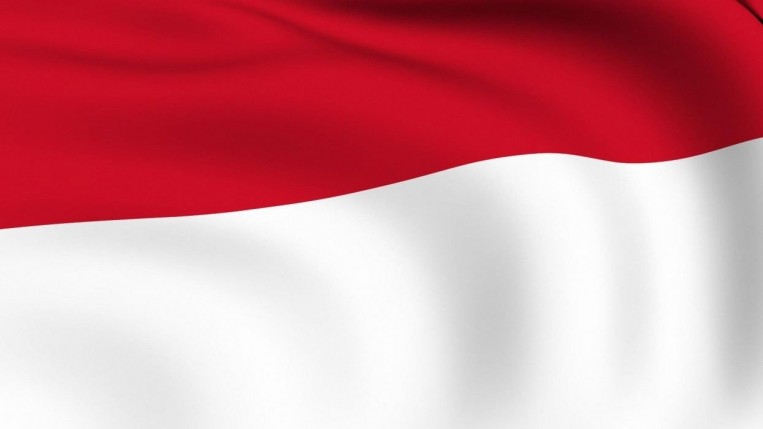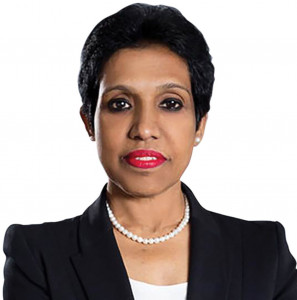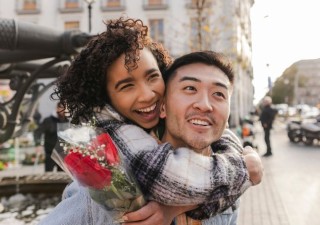FAQ: The Indonesian Trademark System
14 September 2012

Q: What is the law that regulates trademarks in Indonesia?
A: There is a Trade Marks Act in Indonesia (Law No.15 year 2001 dated August 1, 2001) which is still valid and in force and governs trademark matters.
Q: What is the office in charge of trademarks in Indonesia?
A: Trademark rights are acquired on the basis of proper registration with the Directorate General of Intellectual Property (DGIP), under the authority of the Ministry of Law and Human Rights
Q: Is Indonesia part of the Paris Convention priority right?
A: Yes. Hence, it is possible to claim priority from member countries.
Q: Does international application based on the Madrid Agreement exist in Indonesia?
A: No. Hence, domestic applications need to be filed as international applications under the Madrid Protocol cannot designate Indonesia.
Q: How are trademark rights claimed in Indonesia?
A: By registration of a mark, the owner has the following rights: (a) The right to use or permit others to use the trademark, (b) The right to prohibit others from using the trademark, and (c) The right to assign and/or license the rights of trademark. The use of a mark means the conduct of the following acts: (i) Affixing the protected mark to goods, packages of goods, means of business or supplying services and communicating papers in business activities, (ii) Circulating, or offering, advertising, storing for sale of, goods bearing the protected mark, and (iii) Importing goods or services bearing the protected mark.
Q: Are collective trademarks recognized by the laws of Indonesia?
A: A collective mark is the mark used on goods and/or services having the same characteristics that are traded jointly by several persons or legal entities to distinguish the goods and/ or services from others of the same kind. Such marks are recognized in Indonesia.
Q: How are goods classified for trademark purpose, by international or local classification? How many classes are there?
A: The international classification of goods/services under the Nice Agreement, the 9th Edition, is currently applied in Indonesia. The specification of goods/services of an application should include those goods/services upon which the mark is used or there is a present bona fide intention to use the mark. Those goods/services must be described in sufficient detail. All 45 classes of the 9th edition are available.
Q: What is the official language for trademark prosecution?
A: Indonesian.
Q: What are the filing and prosecution procedures?
A: Stage 1: Filing, Stage 2: Formality Examination, Stage 3: Substantive Examination, Stage 4: Publication, Stage 5: Opposition (if any), Stage 6: Registration, Stage 7: Renewal.
Q: Is multiple class filing available?
A: Yes. However, as there are no binding guidelines for implementing the system, multi-class applications may take longer time for registration. Hence, it is advisable to file single-class applications.
Q: What documents are necessary for filing?
A: Power of attorney and statement of mark ownership.
Q: Can office action deadlines be extended?
A: Office actions raised on the basis of formal grounds are extendible. However office actions raised on the basis of substantial grounds are nonextendible.
Q: What is the term of trademark protection?
A: 10 years (renewable).
Q: From which date can trademark renewals be filed?
A: A request for renewal must be filed within one year prior to its expiry date. The renewal date is non extendible.
Q: What documents are required for filing trademark renewals?
A: Power of attorney, a statement of mark ownership and a copy of the certificate of registration.
Q: Are parallel imports available?
A: No.
Q: Does Indonesia have specialized courts for IP?
A: No. Trademark cases are filed before regular courts.
Q: Is relief against groundless threats available?
A: No.
Q: Are there any infringement remedies?
A: Upon infringement, a suit can be filed before the Court. The available remedies are in the form of injunctions and damages.
Q: What alternative dispute resolution options are available in Indonesia?
A: Mediation, arbitration and negotiation.







